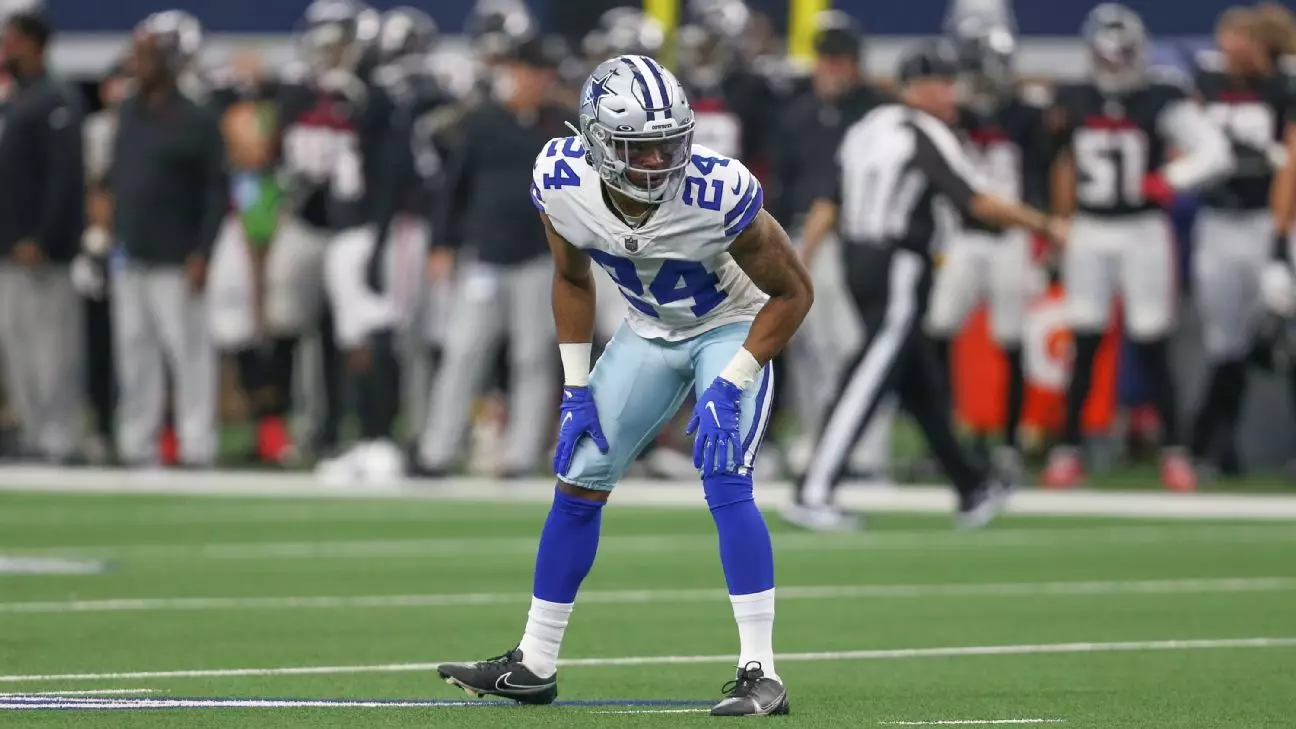In a society that often glamorizes athletic prowess and the thrill of competitive sports, the tragic incident involving former NFL player Kelvin Joseph serves as a sobering reminder of the dire consequences of reckless behavior behind the wheel. This 25-year-old defensive back, once celebrated on the football field, now finds himself facing severe legal repercussions following a collision that claimed the life of a 27-year-old woman, Cody Morris. The implications of such actions extend far beyond the realm of sports, cutting to the heart of personal responsibility and safety on the road.
The Cost of Poor Choices
According to reports, Joseph was driving intoxicated and crashed his BMW into Morris, leading to charges that include both a misdemeanor for driving under the influence and a felony for collision resulting in death. This incident begs the question: how often do we hear about athletes whose reckless choices tarnish their careers and, more importantly, devastate innocent lives? Joseph’s dual role—as an athlete and a community member—was compromised in a split second, and the impact of his actions will reverberate for years to come.
It is especially tragic to consider that this is not Joseph’s first run-in with danger. Just last off-season, he was entangled in a shooting incident in Dallas, narrowly avoiding charges while being under scrutiny. However, the initial avoidance of accountability has likely opened a Pandora’s box of poor decisions, culminating in this recent accident. This repetition of risky behavior is a cautionary tale, highlighting societal issues surrounding celebrity status that often fosters a sense of invulnerability.
Behind the Headlines: The Human Factor
What we often overlook in sensational news is the human cost behind the headlines. The life lost in this tragedy was not just a statistic; she was a person with loved ones, goals, and dreams—now forever altered by someone’s choice to drive under the influence. This incident paints a broader stroke of humanity’s intricate relationship with responsibility, particularly among those who have influence and reach, like professional athletes.
Joseph’s play for the DC Defenders in the United Football League, as he approaches a conference championship, shows a juxtaposition of his life as a celebratory figure in sports contrasted sharply with his grim reality now marked by criminal charges. The Defenders’ organization must also reflect on what it means to support a player whose actions have potential repercussions for team integrity and public image.
Time for Accountability and Change
There is an urgent need for accountability in the lives of public figures, especially athletes, who often navigate a complex dynamic of fame, admiration, and consequences. It is imperative for athletes to be educated on the impact of their choices—not just on themselves but on the lives of those around them. The league, fans, and communities should rally for a culture of responsibility that prioritizes safety over reckless exhibitionism. Joseph’s case is a stark illustration of what can go horribly wrong when individual choices collide with broader societal values—it’s a wake-up call that should resonate deeply within the fabric of sports culture.
In the end, this tragic story is more than an isolated incident; it’s a reflection of the tumultuous intersection of sports and societal responsibility. It implores us to rethink how we address issues of safety and leadership within our communities and among our heroes.

